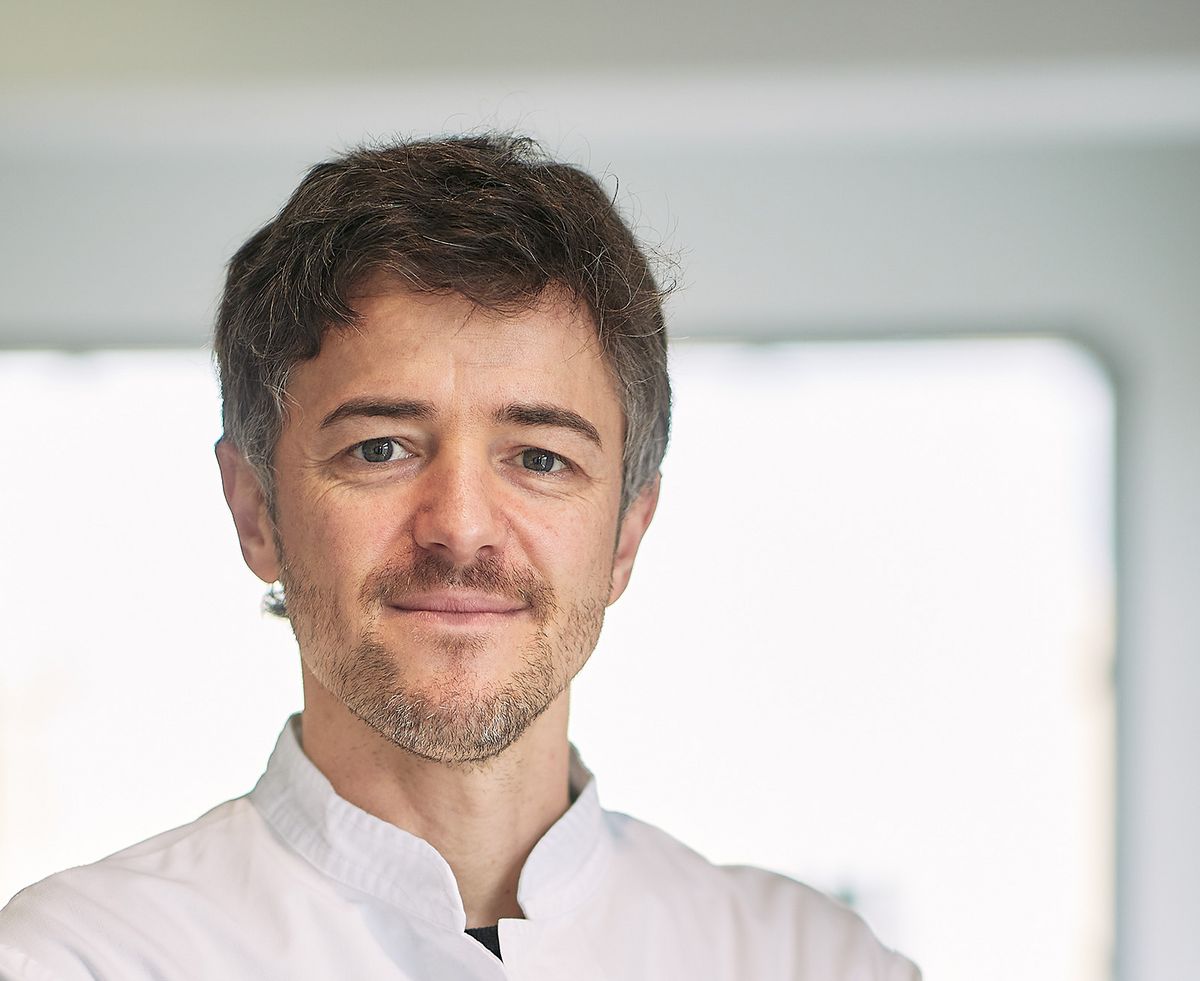Josef Leibold's project "Harnessing Senescence to Improve Cell-based Therapies against Cancer" (EXPLOITsen) is receiving 1.5 million euros in total over a period of five years from the ERC. He is aiming to put tumor cells into 'hibernation' mode, followed by an immune cell therapy directed against the cancer cells.
The number of new cases of cancer in Europe is expected to rise significantly in the coming years, and new treatment concepts are urgently needed. Mobilization of the body's own immune system against cancer cells is a highly-promising approach. "One specific strategy is to modify the T or NK cells genetically with chimeric antigen receptors, or CARs for short," explains Leibold. Using CARs, the immune cells detect a surface molecule on the tumor cells resulting in a specific immune response against them.
"Resounding successes have been achieved with CAR T cell therapy in hematological tumors, but not in solid tumors," he says. Tumor cells are often heterogeneous, and the immune cells struggle in the hostile microenvironment surrounding the solid tumors. With his project EXPLOITsen Leibold and his team aim to tackle precisely these challenges.
"My approach makes use of the ability to place tumor cells in a sort of hibernation, known as senescence, for use in a combination therapy. In this state the tumor cells are no longer able to divide," explains Leibold. He wants to combine the induction of this specific cell state with the actual CAR immune cell therapy. By genetic modifications, the CAR immune cells will be individually adapted to the properties of senescent tumor cells and at the same time prepared for the microenvironment of solid tumors, which is hostile to the immune system. This combinatorial approach can eventually result in efficient elimination of the tumor cells. The project has the potential to establish CAR immune cell therapy in solid tumors and to enable new treatment options for patients with hard-to-treat cancerous diseases.







